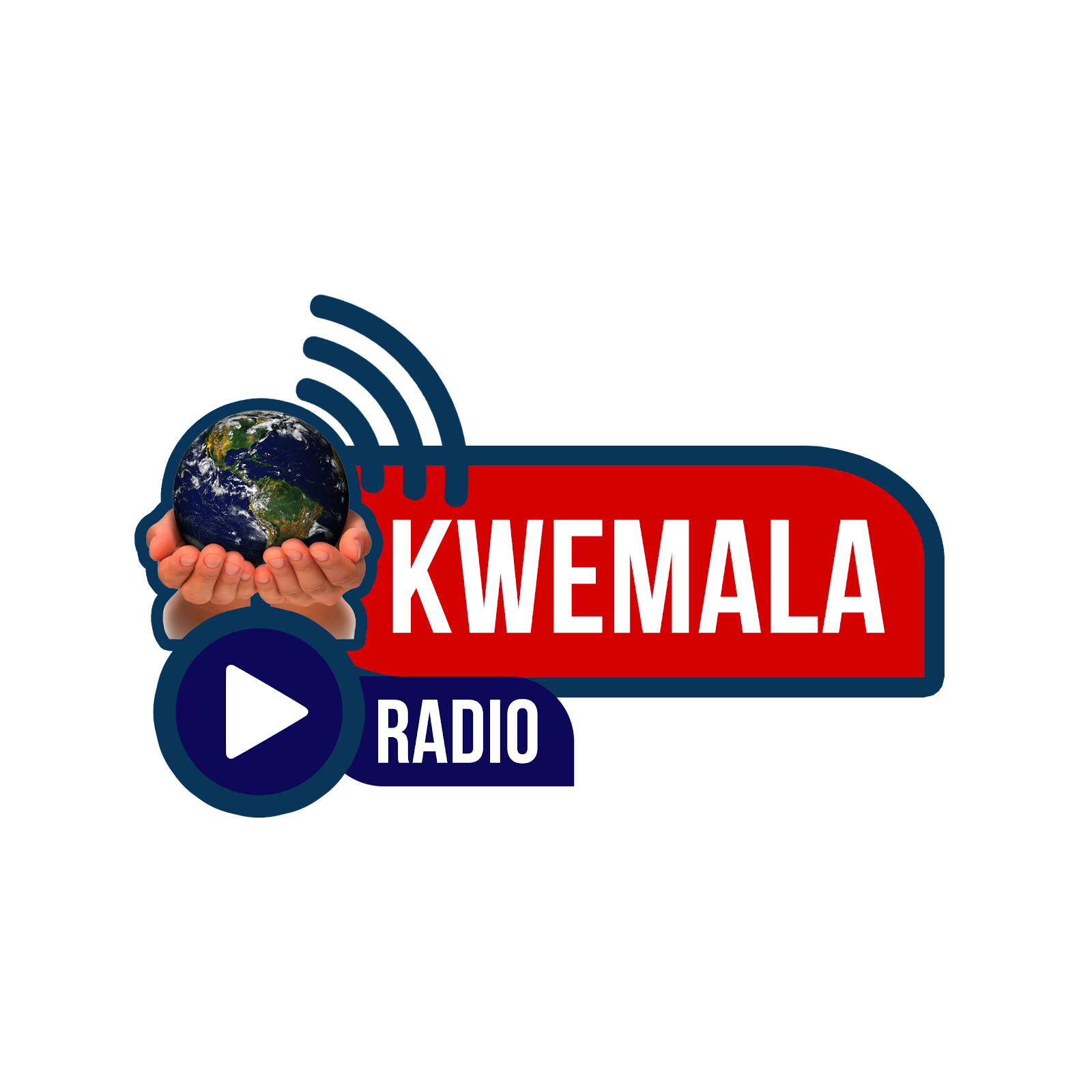Ugandan worker allegedly abandoned by UK.
March 26, 2025
A Ugandan national who served for six years as a finance and administration officer in Mogadishu under the employment of UK-based security firm SafeLane Global, is now entangled in a prolonged legal and diplomatic battle after her sudden dismissal and abandonment in Somalia.
Kaahwa was hired in September 2016 through a recruitment process facilitated by ClearTech, a firm allegedly acting on behalf of SafeLane Global. Despite SafeLane later denying any formal employment relationship with her, Kaahwa insists that her pre-recruitment communication, contract, and work operations were all directly handled by SafeLane.
Her ordeal began in March 2022, when she narrowly survived a terrorist attack by the Al-Shabaab militant group at her workplace—an incident that left her with symptoms of post-traumatic stress disorder.
Although her contract guaranteed compensation for mental trauma and other associated risks, Kaahwa says the company neither honoured this provision nor provided the necessary post-incident support. Instead, SafeLane Global reportedly disowned her, shifting responsibility to ClearTech.
With mounting threats and harassment from both known and unknown individuals, including some Somali politicians, Kaahwa sought refuge at the Ugandan embassy in Mogadishu, where she remained for several months while pursing justice.
Kaahwa turned to various legal and institutional channels for redress. She filed complaints with the Dispute Resolution Committee under the Somali Ministry of Labour and Social Affairs, the Banadir Regional Court, and eventually the Supreme Court of Somalia—all of which ruled in her favour.
These rulings directed SafeLane Global to reinstate her and compensate her for damages, insurance violations, and withheld benefits. However, the orders remain unenforced. Kaahwa’s lawyer alleges that SafeLane has resorted to illegal lobbying against those rulings and proceedings in courts.
Despite garnering sympathy from multiple local and international bodies—including the United Nations Mine Action Service, Somali presidency, the Federation of Somali Trade Unions, and the UN Mission’s Human Rights Division—Kaahwa’s case has seen little progress.
Tags




.gif)

.gif)




